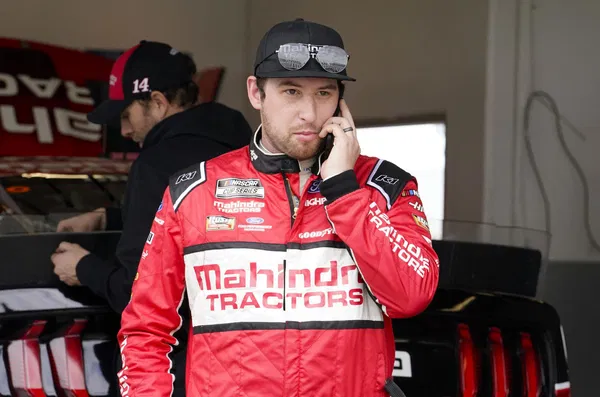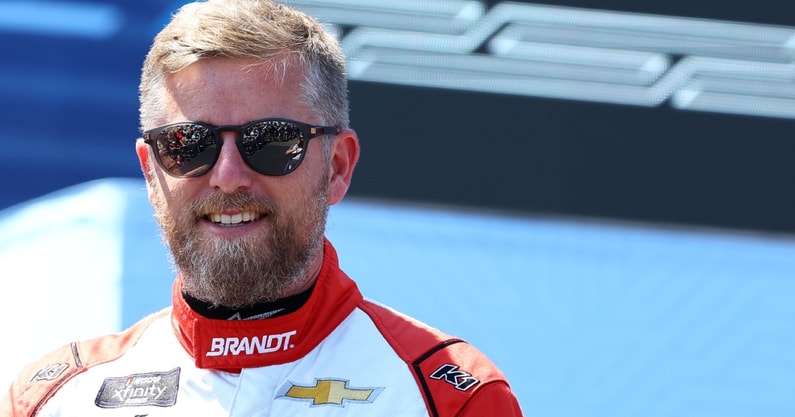A significant development has emerged in the ongoing legal dispute between NASCAR, 23XI Racing, and Front Row Motorsports as Judge Kenneth D. Bell takes over the case. This change marks a pivotal moment in the lawsuit, replacing Judge Frank D. Whitney, who had previously handled the proceedings and issued a preliminary injunction ruling.
Renowned NASCAR journalist Bob Pockrass shared insights on the reassignment through X, explaining, “No reason given, but according to the court docket, the 23XI/Front Row case vs NASCAR has been reassigned to Judge Kenneth D. Bell. Judge Frank D. Whitney, who issued the initial preliminary injunction ruling, is no longer assigned to the case.”
Pockrass added, “Judge Whitney had said he would recuse himself because NASCAR’s lead local attorney worked for him as a clerk for more than a decade. However, 23XI/FRM stated it wasn’t necessary and were comfortable with Judge Whitney. Also, Whitney did have some history with Michael Jordan, as he was a prosecutor in the 1992 Slim Bouler case where Jordan was called as a defense witness.”
The lawsuit, initiated by 23XI Racing—co-owned by NBA legend Michael Jordan and NASCAR driver Denny Hamlin—and Front Row Motorsports, challenges NASCAR’s charter system introduced in 2016. The teams argue that the system has become monopolistic, limiting competition and skewing financial benefits in NASCAR’s favor. The dispute also involves the 2025 agreements proposed by NASCAR, which the teams claim are restrictive and would nullify their right to future legal claims against the organization.

The legal battle follows years of unsuccessful negotiations regarding revenue-sharing models. Both teams argue the current system and its proposed updates fail to address financial equity and competitive fairness. NASCAR, on the other hand, defends its charter system, stating teams have the option to participate as open teams and disputes can be resolved financially without disrupting the sport’s operations.
Judge Whitney’s earlier decision to deny the teams’ preliminary injunction without prejudice had significant operational implications. Now, with Judge Bell presiding, the case may shift in new directions as his legal perspective could influence how the lawsuit progresses.
The stakes are immense for 23XI Racing and Front Row Motorsports, both established NASCAR teams with substantial investments in the sport. If successful, their legal action could trigger significant changes to NASCAR’s revenue and operational agreements, potentially encouraging other teams to challenge the system.
This case is not only a test of the charter system but also a moment of reckoning for NASCAR. Its outcome could reshape the competitive and financial dynamics of the Series, with implications extending beyond the courtroom into public perception and sponsorship relations.




